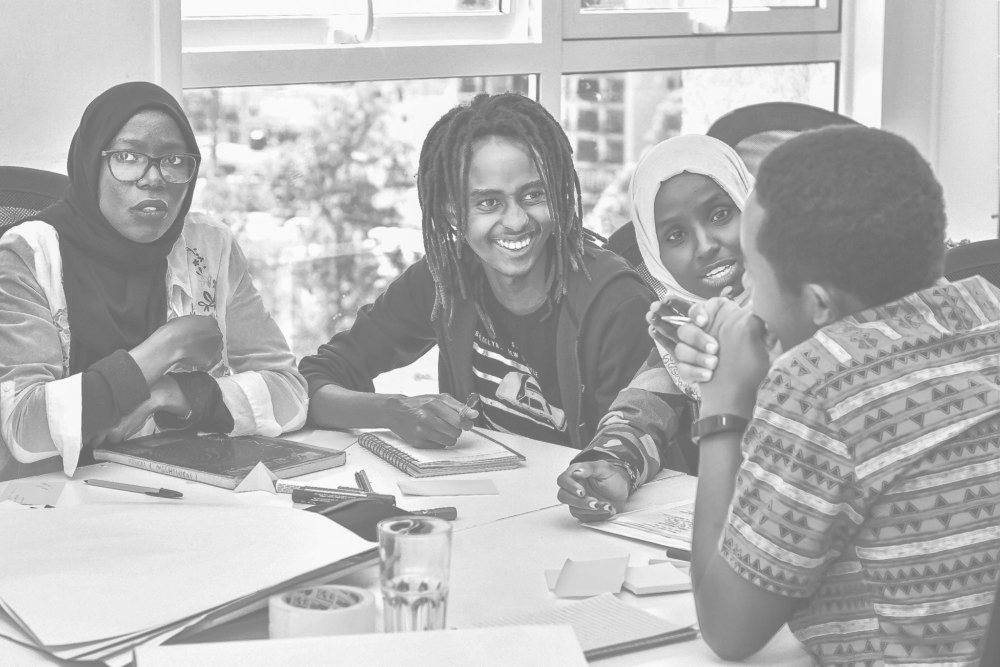Identification, Analysis and Development of Business Opportunities for Solar Cooling Value Chains in Western Kenya
Client
GIZ, WE4F and WeTu(Beneficiary)
Category
Research, Co-design, Prototyping, Business Design
Location
Kenya
Duration
10 Months
Project Challenge:
How Might we develop viable business models for the provision of Solar Cooling Solutions in the agri-food Value Chain in Western Kenya
Project Brief
Water and Energy for Food (WE4F) is a joint international initiative created by various partners with the goal of promoting and strengthening the use of climate-friendly, energy- and water-efficient innovations for more productive and ecologically sustainable food production.
One major challenge WE4F sought to address was the post-harvest losses in the agri-food value chain caused by a lack of adequate cold chain solutions, especially for the fish value chain, leading to loss of business opportunities and low income for the value chain actors and the community.
For context, the fishing industry contributes around 5% of Kenya’s GDP and supports the livelihoods of more than half a million people. However, the growth of the industry – both wild capture and fish farming – is constrained partly by the lack of adequate cold chains, which limit earnings for value chain actors. Fish is highly perishable, but shelf life can be extended by controlling the environment at every step of the value chain. Currently, the fish value chain is highly fragmented, with just a few of the many loosely organized producers and traders having access to a well-integrated cold chain solution. The lost business opportunities and low income are partly due to the non-existent, non-operational or few cold storage facilities that could potentially be used to safely store and aggregate fish before selling it off.
The highly perishable stock means fisherfolk must sell at low prices or risk losing their entire catch. There is also more value if the fish were consistently cooled throughout transport, storage, and processing, where applicable.
Through the “Integrated Solar Cooling Solutions at Lake Victoria” project, WE4F sought to:
- Understand the existing cooling solutions for the agrifood value chain in Western Kenya, how these solutions have been deployed, their cost implication, impact and sustainability
- Identify the gaps and opportunities for solar cooling solutions for the different value chain actors in the fish and other agri-food value chain actors.
- Develop and elaborate different business models for the provision of cooling services along different agri-food and/or other value chains in Western Kenya
- Pilot successful business models in partnership with local organizations to ensure sustainability.
Approach
To achieve these objectives, MIDEVA Labs leveraged human-centered design and business design approaches to deliver potential business models that were adopted by a local organization. We carried out:
- Secondary research to review existing data, publications and reports relating to the project and to understand gaps or opportunities to further explore
- 1:1 field interviews with diverse stakeholders (market traders, fish aggregators, fish resellers, fisherfolk, Beach Management Unit (BMU) teams, boat owners, fishing crew, community leaders, fisheries officials, consumers, market traders and other value chain actors with the goal of understanding challenges, opportunities, aspirations and contextual information about the challenge and the community.
- Observation and immersion activities to have first-hand experience of the challenges in the fish-value chain in relation to cooling solutions.
- Synthesis sessions to develop insights and identify opportunities for innovation.
- Co-design and co-creation workshops with the value chain actors to ideate potential solutions and gather feedback on the prototypes, concepts and the identified business models that would work.
- Prototype testing, where we piloted 4 potential models for the local organization.
- Business modeling and business design to help the local organization make a decision on what model to invest in, what resources they would need and what the return on investment would look like.
Solution and Impact
We partnered with WE!Hub Victoria Limited (WeTu) – a social enterprise that works on innovative solutions for supplying energy and safe drinking water in communities on Lake Victoria, to pilot a solar-powered ice-producing facility in Mbita, Homabay County, Kenya.
In deciding the business model for the facility, we co-designed four experiment models to prototype and test out how to best get into the cooling solutions supply ecosystem for each of the targeted value chains (Fish and other Agri-food).
- The Large Scale Ice Production & Distribution model was generally inspired by similar production operations and deployment of Fast Moving Consumer Goods in the region, where goods are supplied from a central production/ storage location and then distributed to multiple retail locations to serve the needs of consumers in those areas.
- The Small/ Mini Scale Ice Production & Distribution model targeted small-scale investors looking to penetrate the market, they could invest in small/ mini plants in strategic locations that will serve as both the production facility and distribution center in a Business to Consumer model.
- The Large Scale Cooling Facility informed by the rising demand and growth of the horticulture industry, which creates an opportunity for investors to set up a cold facility offering Cooling As A Service (CaaS) to various value chain stakeholders. The business model will involve the set-up of a large-capacity cold storage facility.
The small-scale market-shared cold room informed by the needs of small-scale market fish traders (mostly women market traders who work as a group). The business model can be deployed through a public-private partnership with the county government where the county government will allocate space for the shared cold facility within the market for use by the market traders for storage of fish and other perishable agri-food products.
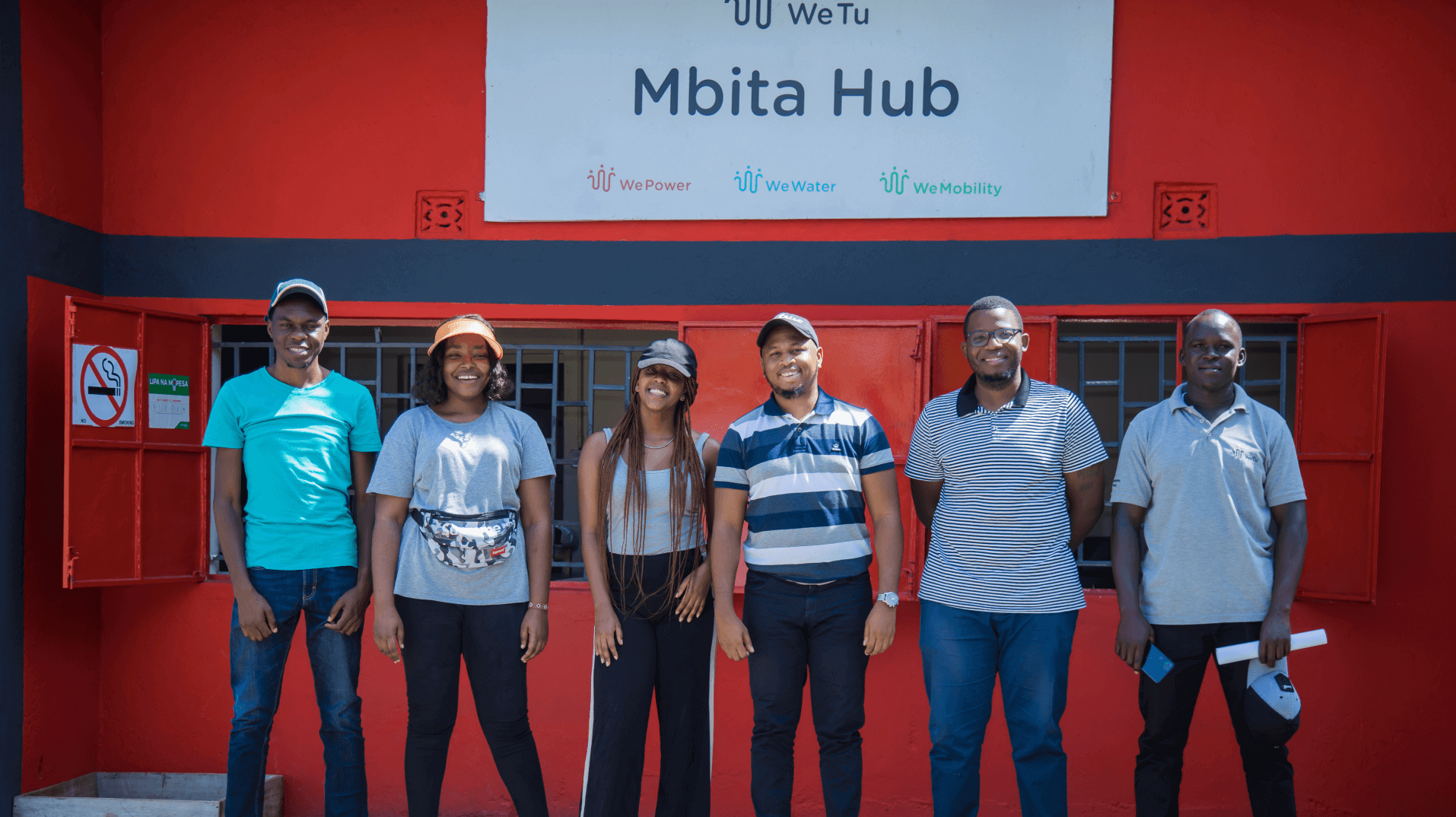
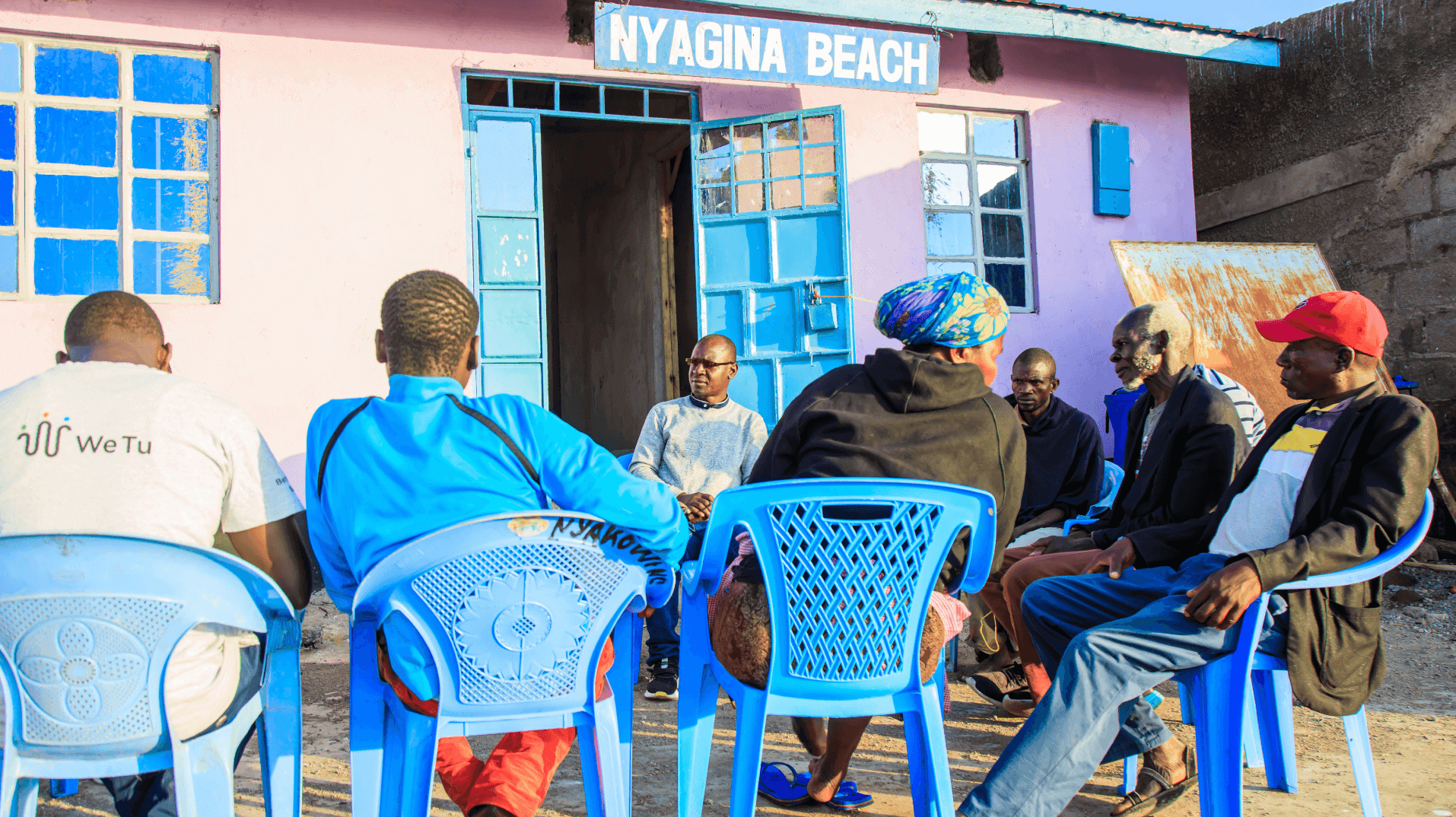
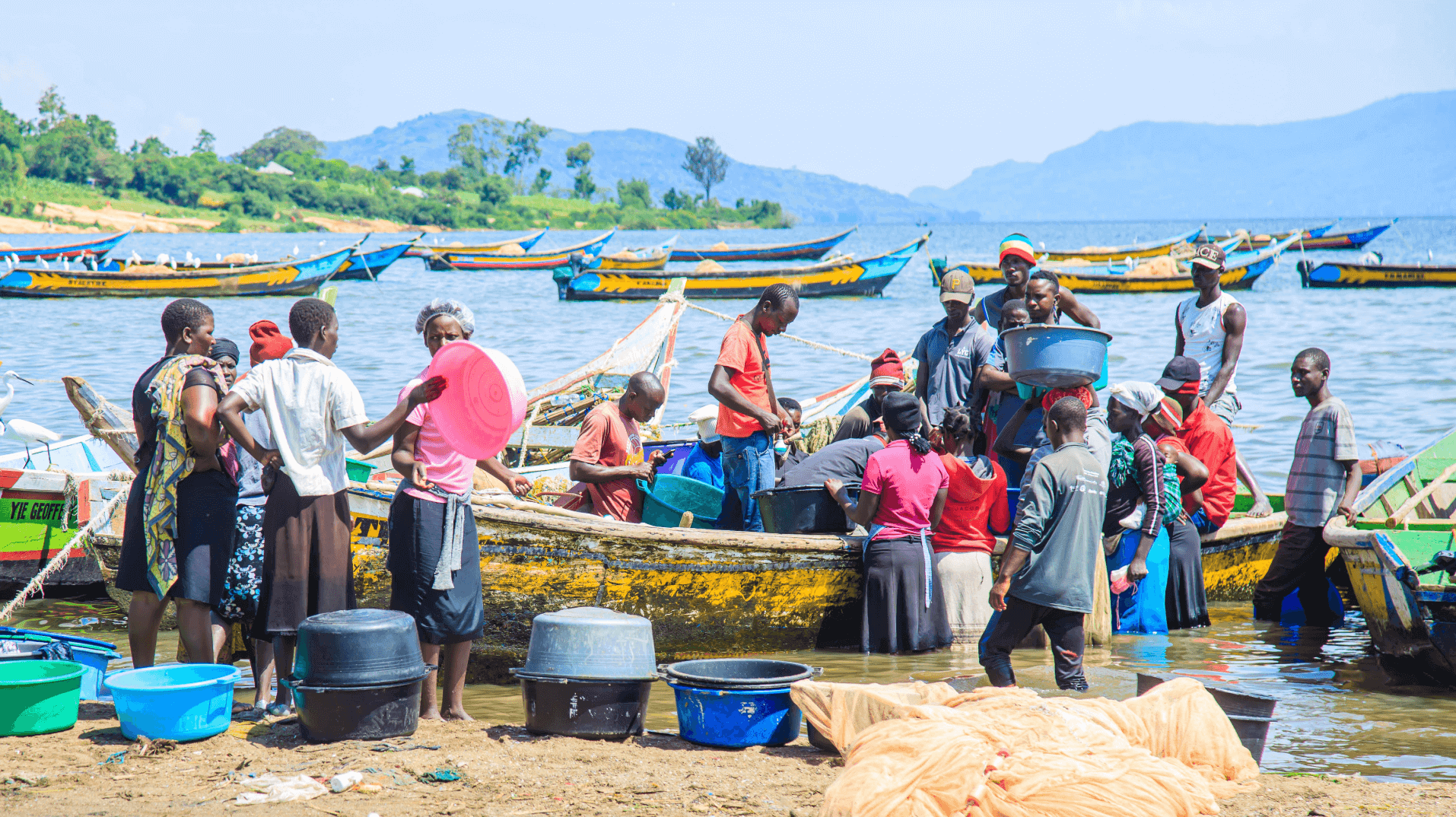
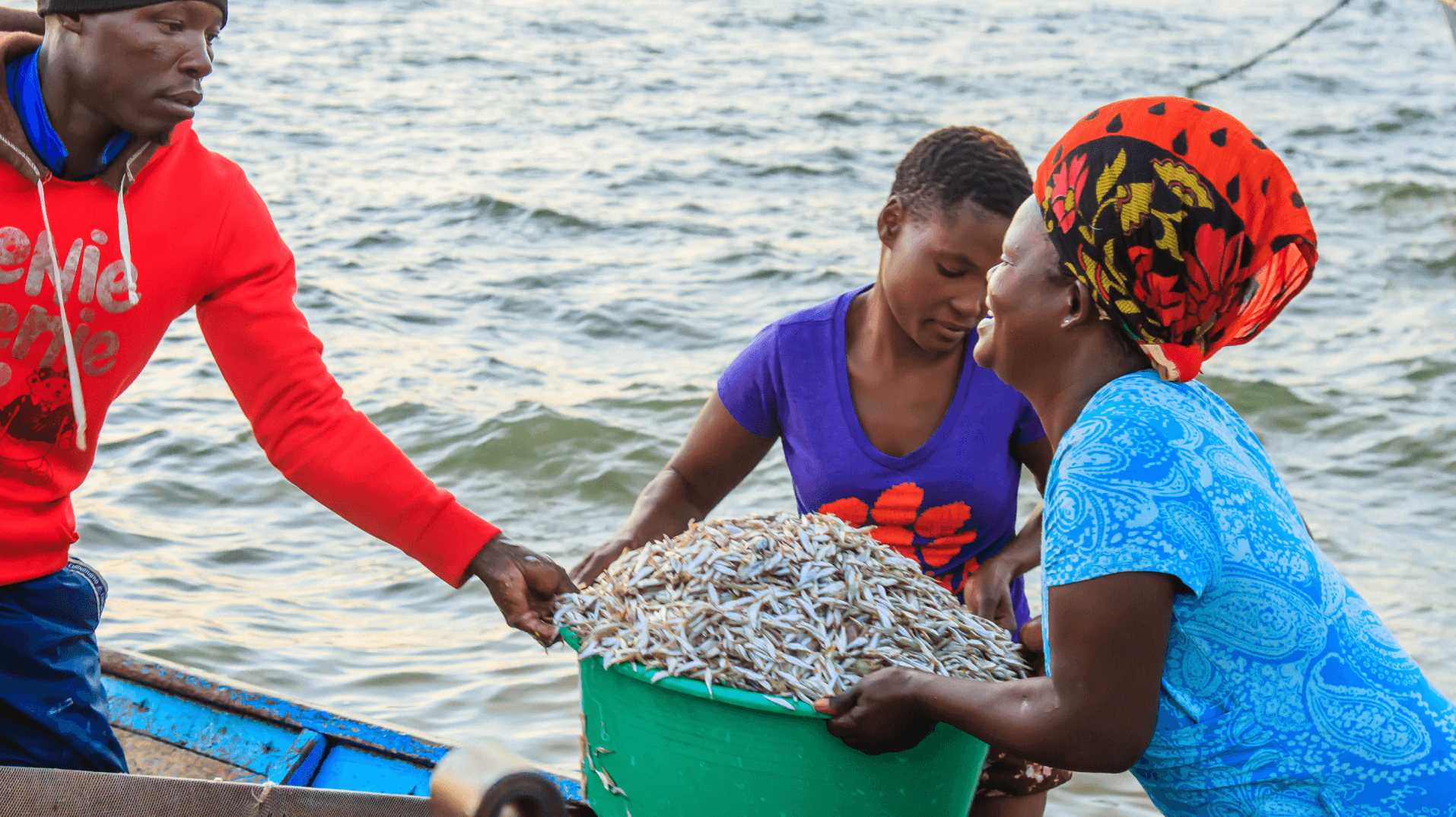
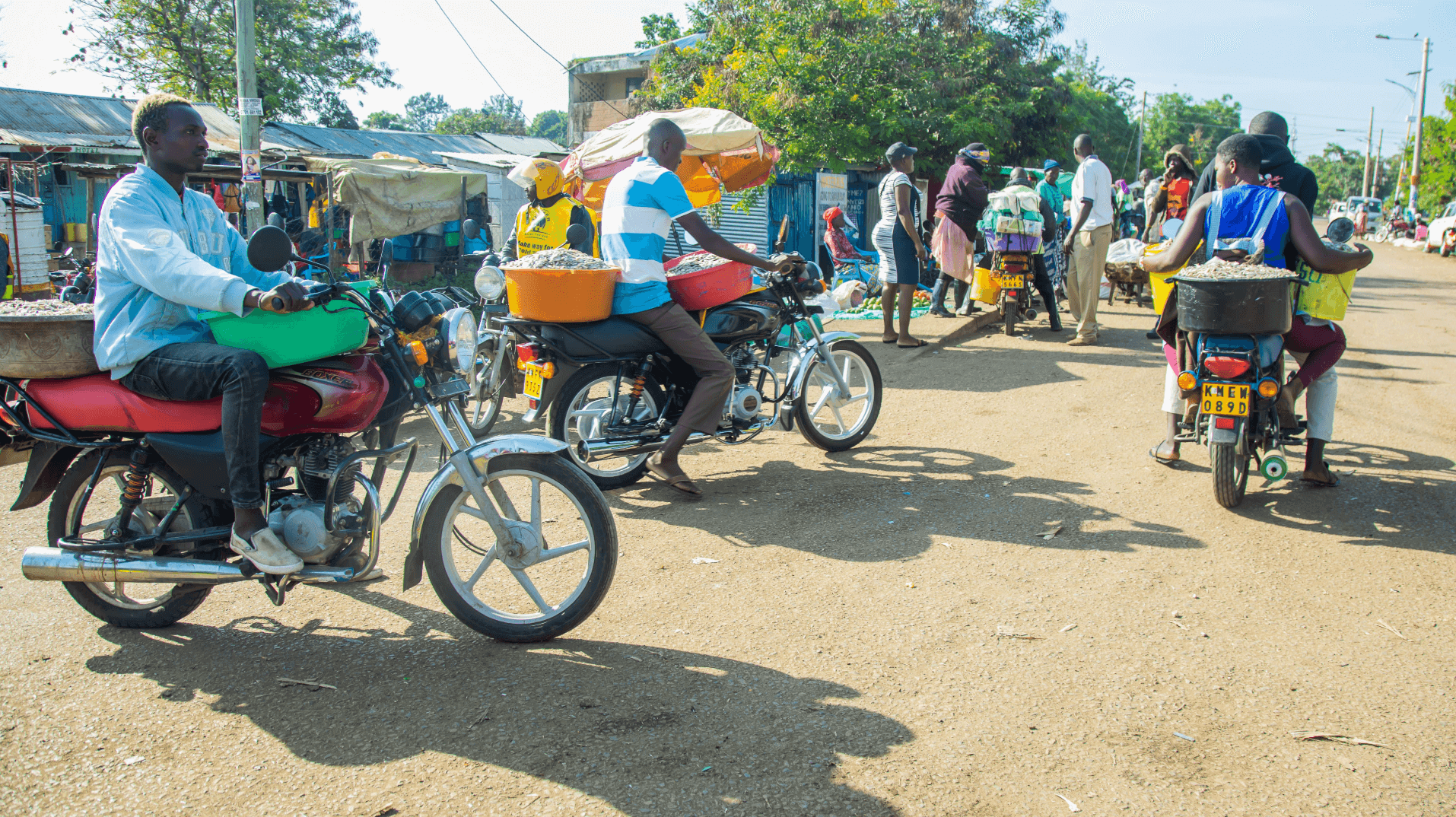
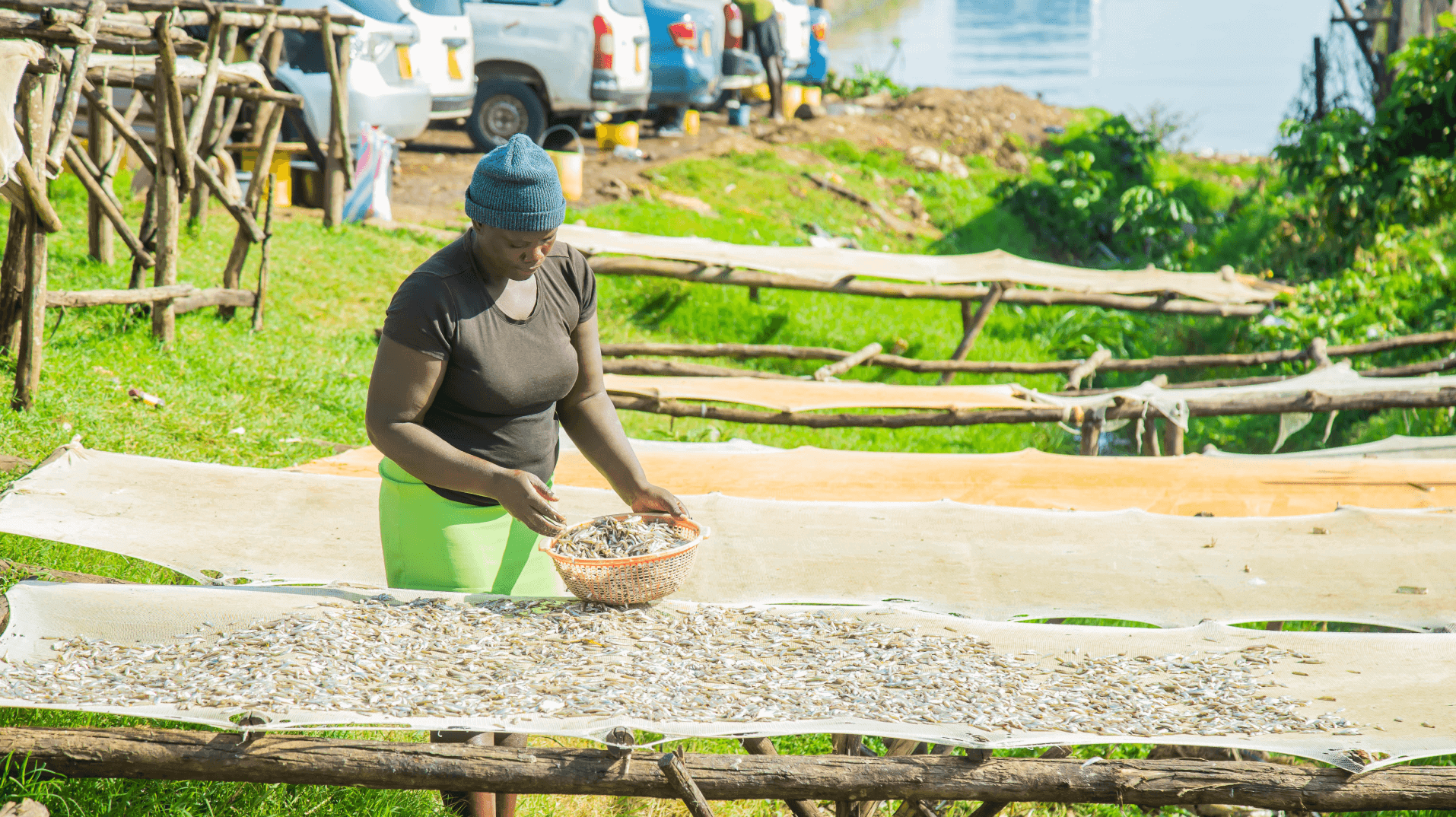
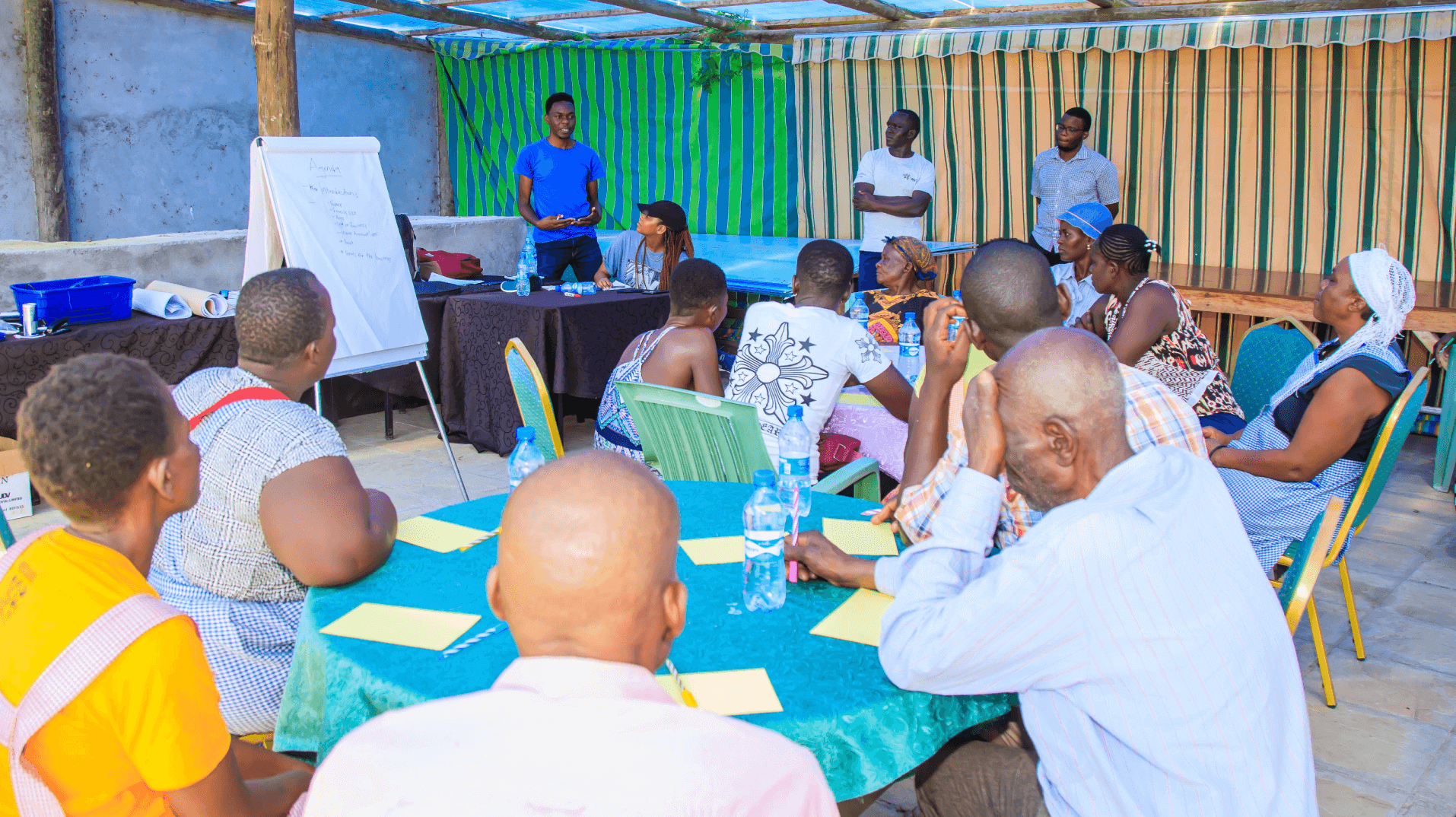
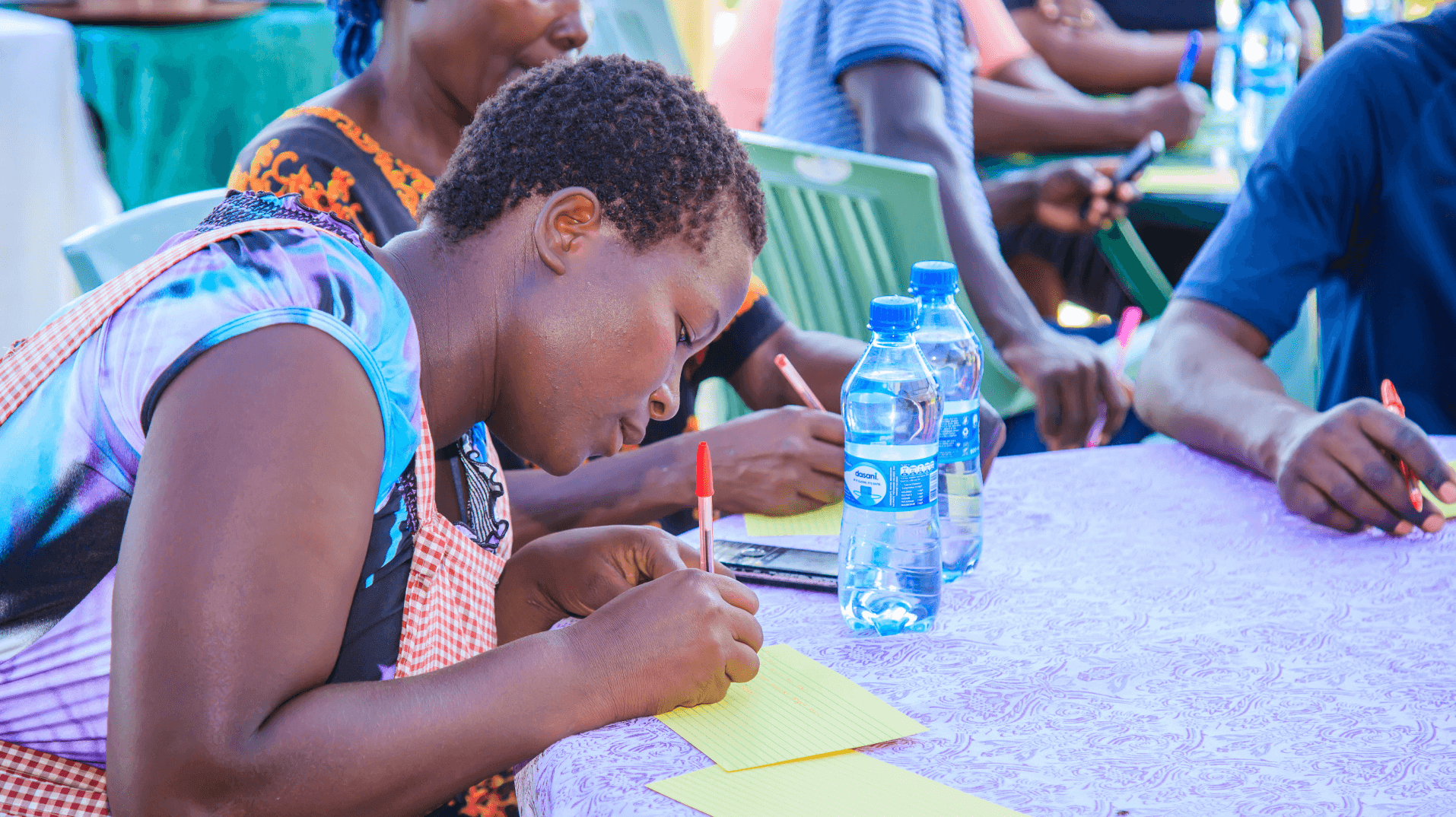
Result
By co-designing with the beneficiaries and other actors and stakeholders, WeTu was able to launch the solar-powered ice facility that serves the fish value chain actors (fisherfolk, fish traders, aggregators and other actors in Homabay) and is looking to launch more ice facilities in other parts of the region, based on learnings from the pilot.
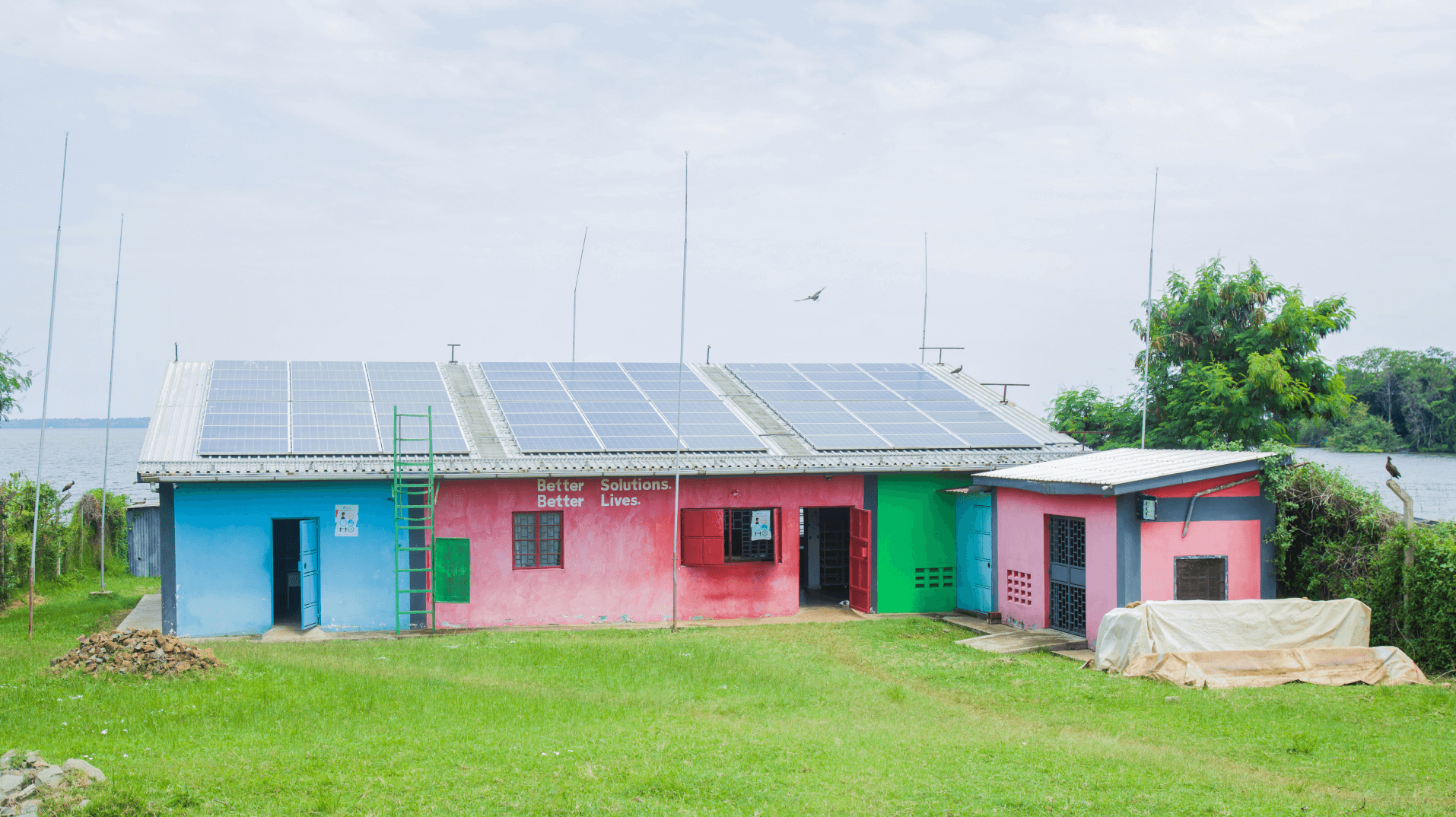
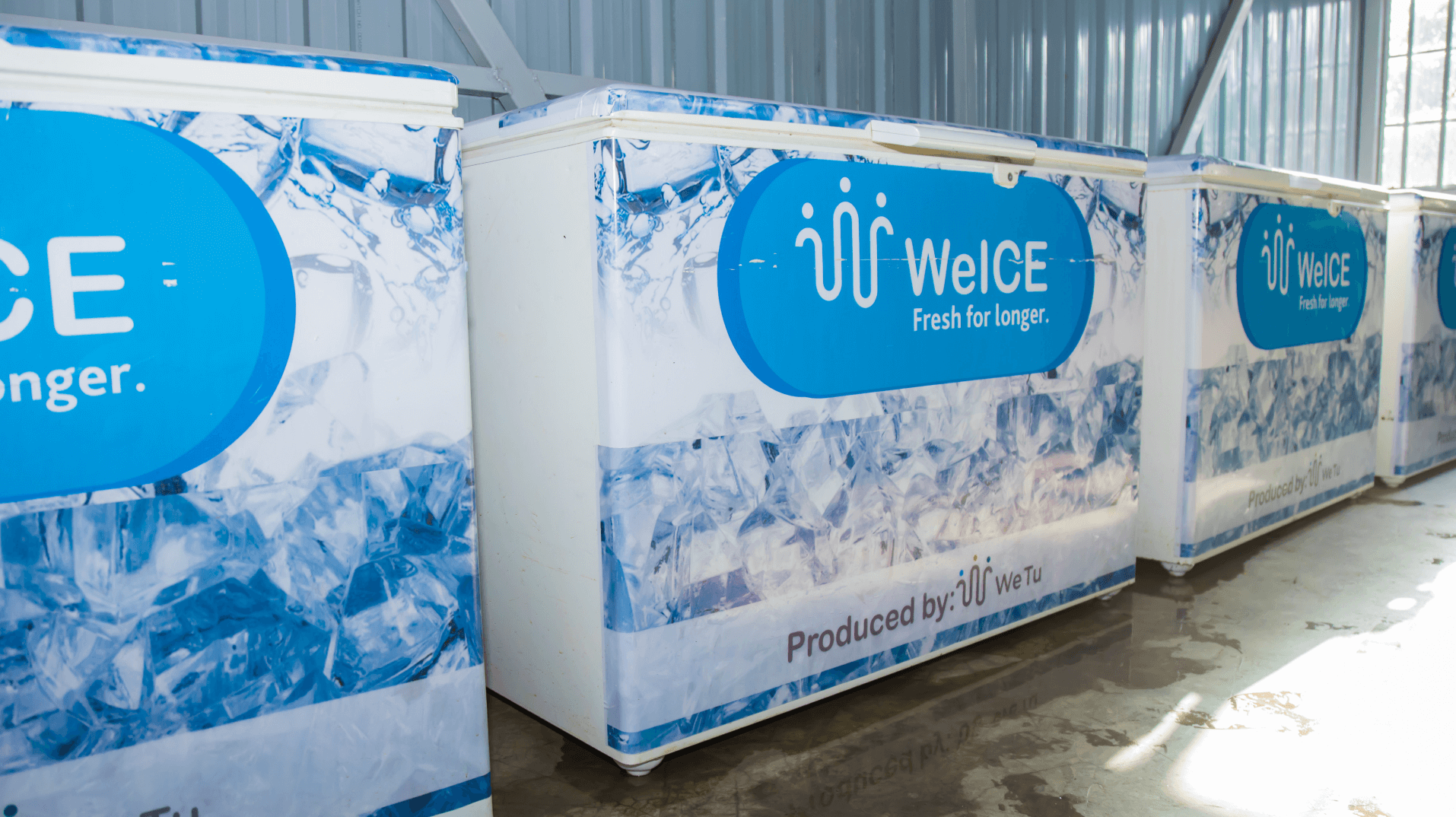
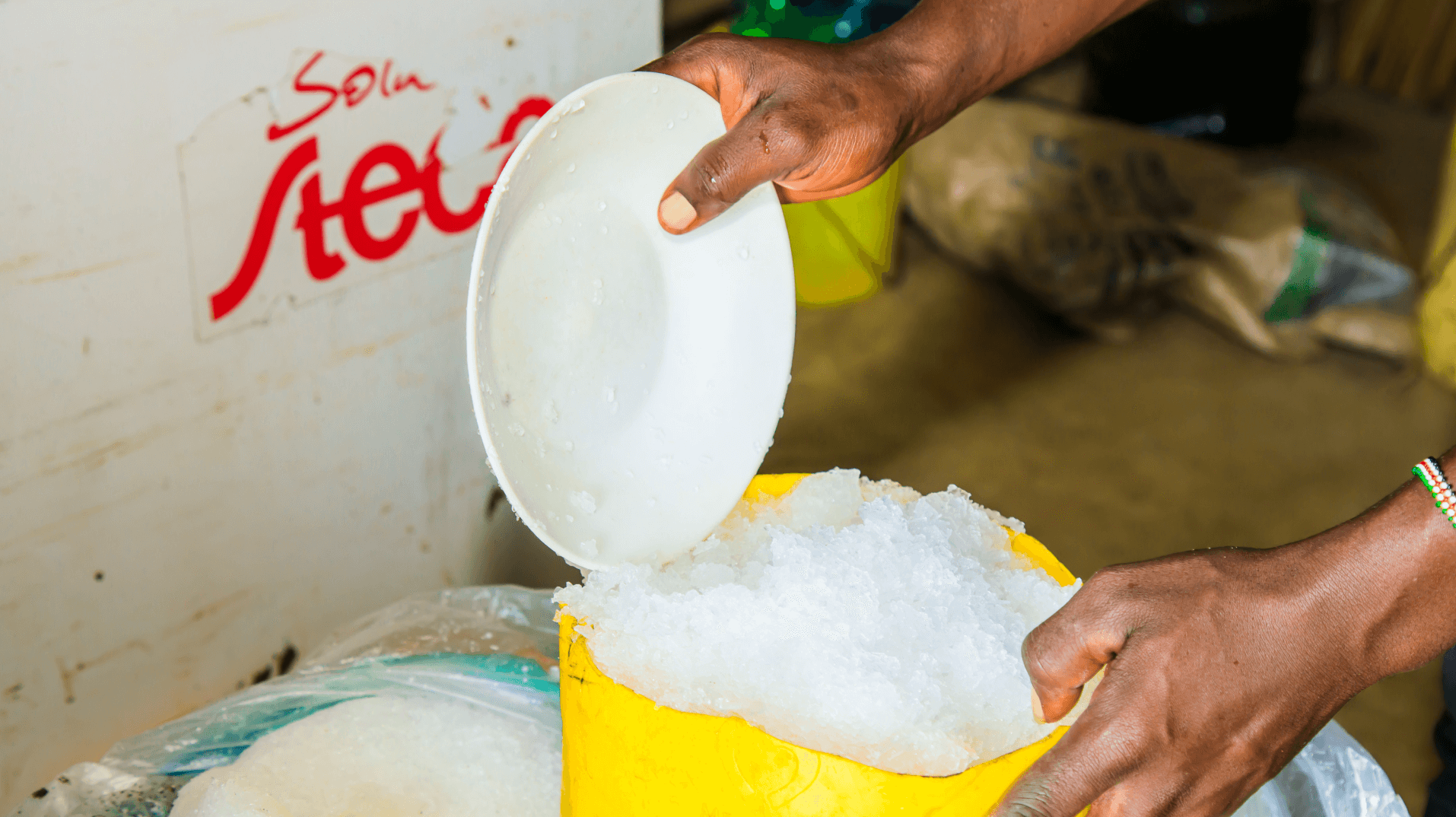
Related Case Studies
Design Sprint, Research, Facilitation, Prototyping
Research, Innovation Program Design, Program Management, Social Venture Design
Let’s Work Together
Whether you are looking to bring an idea to life or you are looking to implement a complex impactful project, or you are looking to infuse design and innovation in your work, processes, teams, and projects, or you are looking to design and implement programs and services for innovators, we are here for you.
- © 2024 Mideva Ventures | All Rights Reserved

